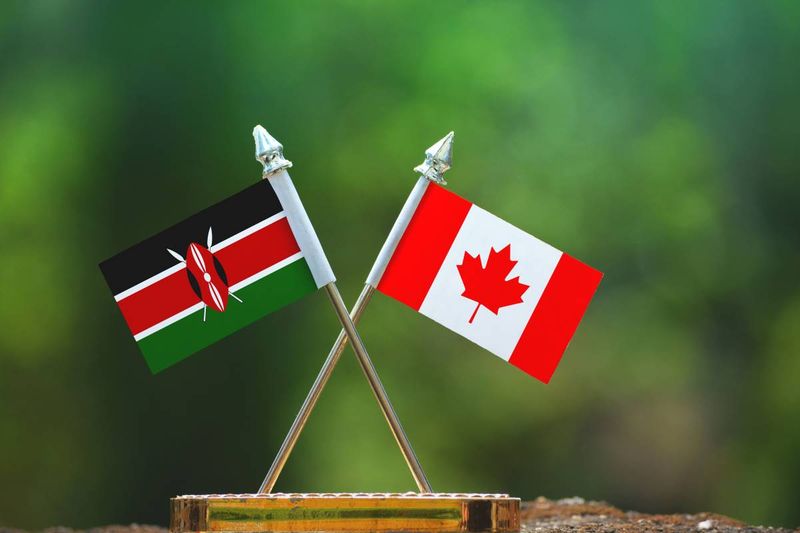How to Immigrate to Canada from Angola
The global economy has been hit hard in recent months and it won’t be easier in the months to come. Taking care of ourselves and our loved ones is and should always be the first priority. It takes good work and a government you can count on. Canada offers both, at a world-class level.
Canada offers hundreds of thousands of jobs and a social system that is the envy of many countries around the world, with free health care for all citizens and permanent residents and education for all children under the age of 18. It almost seems like a well-kept secret.
Whether you are an Angolan citizen, skilled or semi-skilled, there has never been a better time to start a new life in this diverse country with a booming economy that would value your skills and experience. If you are ready to begin the process of immigrating to Canada, start by clicking on the link below, if you want to know more about what Canada has to offer, read on!
Why Immigrate to Canada
Employment opportunities
Through immigration streams such as the Provincial Nominee Program and the Express Entry program, Canada opens up hundreds of thousands of employment opportunities to foreigners. The reason is that Canada’s population growth cannot meet the demands of a rapidly growing economy. The high wages of skilled and semi-skilled workers, such as butchers, engineers, and IT professionals, attract people from all over the world. Engineers earn an average of $ 83,270 and butchers $ 45,045 per year.
As a country also rich in oil and gas with massive mining industry, many people with Angolan skills will be transferable into the Canadian labor market. As in Angola, mining in Canada is a pillar of the national economy. As such, it is an incredibly large job market, with over 120 different positions. Occupations in demand in the mining industry in Canada include:Advertisements
- Haulage drivers
- Lab Technicians
- Electricians
- Health and Safety Managers
- Mining and Metallurgical Engineers
- Welders
- Everything from accountants to packers, to cleaners. If you have worked in the mining industry in Angola, it is likely there is a position for you in Canada.
Permanent Residency
There are several ways to become a permanent resident in Canada. For those with college qualifications and experience in in-demand occupations, there is the Express Entry program. If you are a semi-skilled worker, there are many other avenues to access public relations status in Canada, such as the Atlantic Immigration Pilot and the Agri-Food Immigration Pilot. There are strict requirements that must be met for all of these programs, and if you do, you have the chance to become a citizen of a country with one of the best social service systems in the world. Keep in mind that public services in Canada include free health care and education for your children, and to get a glimpse of how Canada treats its residents and citizens, take a look at the response from Covid- 19.
You Don’t Have to Leave Your Family Behind
Canada really cares about keeping families together. If you meet the minimum requirements for the settlement fund, you can bring your family with you.
Immigrants often worry about how they will adapt, whether they will be accepted into communities and whether they may face prejudice. However, Canada is a multicultural center, welcoming thousands of new immigrants every month, it is truly one of the easiest societies to integrate because, as it is, nearly 25% of the population are immigrants. On top of that, a recent poll showed that over 90% of Canadians would welcome someone from a different culture into their community.
How Do I Get To Canada?
There are several immigration routes and streams that will help you someday become a permanent resident and even a Canadian citizen. The best thing for your Canadian prospects is to get a valid job offer, after which you can apply for a temporary work permit:
Temporary Work Permit Requirements
- Your employer must have a positive Labour Market Impact Assessment;
- which he must provide a copy of the LMIA along with a job offer letter or employment contract;
- Once you have these, complete the required forms and submit them.
Once you have your work permit, you can start your journey. For some programs, like the Provincial Nomination Program, you can apply for permanent residence at the same time you apply for your work permit, as you will have a provincial nomination. For others, like the agri-food immigration pilot, you will need to first obtain one year of Canadian work experience before submitting your application for permanent residence.








